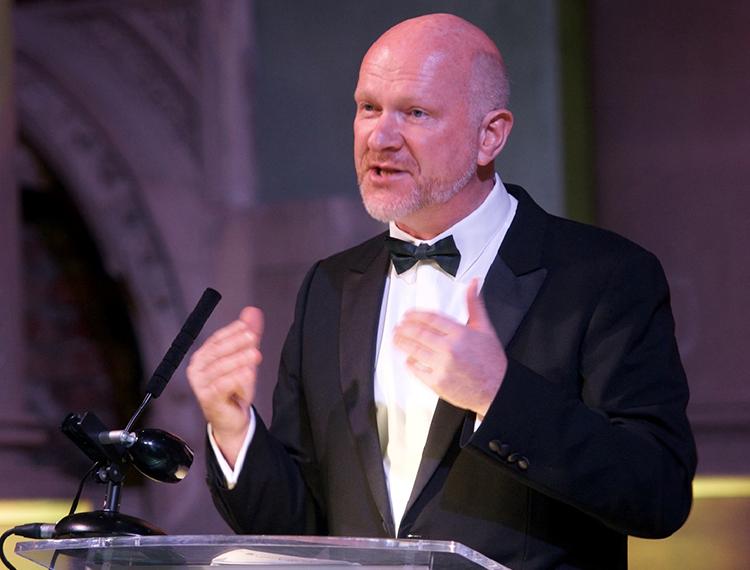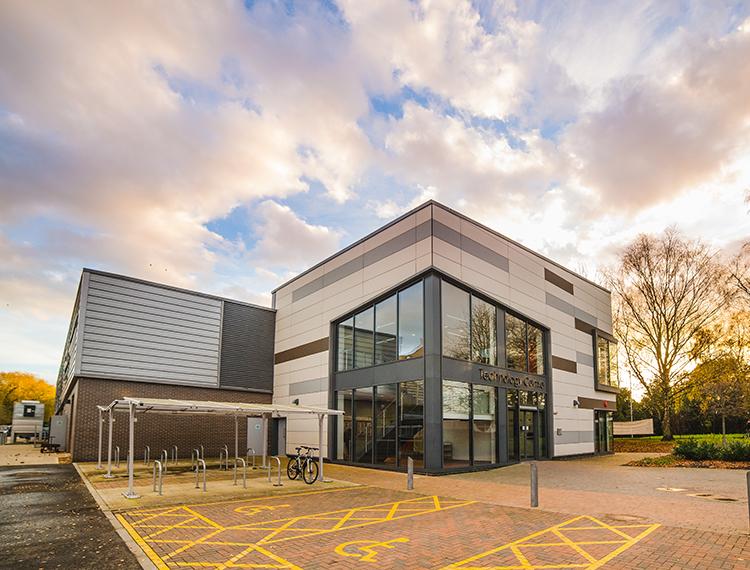Colleges prove size doesn’t matter when it comes to tackling global challenges

Colleges have a big challenge in front of them and they’re taking it seriously. The challenge? The United Nation’s Sustainable Development Goals (SDG). These are 17 of the most pressing global issues and the UK has signed up, alongside 192 other member states, to tackle them by 2030. For the UK to stand a chance of fulfilling its responsibility – everybody needs to contribute.
We often hear about Higher Education and the strides they are taking towards sustainability, but Further Education and its colleges are regularly the unsung heroes. Their innovation, aspiration and global perspective goes far beyond their size.
So what are colleges doing?
Borders College in Scotland are working hard to deliver on Goal 7, ‘Affordable and Clean Energy’ and recently won a Green Gown Award for the UK’s first heating plant using sewage and waste water. The system will provide 95% of their campus heat requirements – reducing risks of energy price fluctuations as well as saving the college money.
 Also leading the way on Goal 7 is the College of West Anglia in Cambridgeshire. They have achieved a 51% reduction in their carbon emissions since 2009/10. Not only are they pioneering the latest technology such as solar PV, biomass boilers, air source heat pumps but also low-tech initiatives such as LED lighting, rainwater harvesting and improved cycle facilities.
Also leading the way on Goal 7 is the College of West Anglia in Cambridgeshire. They have achieved a 51% reduction in their carbon emissions since 2009/10. Not only are they pioneering the latest technology such as solar PV, biomass boilers, air source heat pumps but also low-tech initiatives such as LED lighting, rainwater harvesting and improved cycle facilities.
But it’s not just all about carbon and energy. Colleges are key in terms of community and partnership. Ayrshire College in Scotland are fine examples of this with their Green Gown Award winning project that links student learning with the health and wellbeing of older adults in their community. It is a true win-win, with the students gaining valuable learning experiences and the older adults improving their fitness. This initiative encapsulates Goal 11, Sustainable Cities and Communities and Goal 17, Partnerships for the Goals.
Colleges have a big impact on their local communities and are often hubs. City College Peterborough for example provide cheap (even free!) meals as part of their CommUNITY Meet and Eat programme. Bringing people together and reducing socially isolation and food poverty (Goals 1 and 2; No Poverty and Zero Hunger) while supporting integration and cohesion.
Of course, colleges need to have the right leadership to help them contribute towards the Sustainable Development Goals. South Lanarkshire College in Scotland is lucky to have such a leader in their Depute Principal Angus Allan, winner of the Green Gowns’ Leadership Award. Angus’ passion, energy and ambition to drive sustainability to the heart of his college is not only outstanding but an inspiration. He is a leader who knows and understands what it means to successfully push and embed this agenda into campus planning, learning space innovation, lesson plans and course development.
How do you make whole institutional change in Further Education?
There are a lot of examples of best practice, many already outlined, but the 2017 policy statement from Bridgend College has to be one of the best models of top down leadership we have seen. They are wholly committed to the protection of people’s health and wellbeing, its estate, the natural world and the prevention of pollution in all its forms. This commitment has the full support of the Governing Body and the Principal who is ultimately responsible for its execution and ensuring that it is a prime concern of all members of staff and students.
Going forwards some of their targets include:
- Demonstrate extraordinary leadership and develop extraordinary leaders throughout the organisation to help us achieve our health, wellbeing, safety and natural world goals
- Maintain the Platinum level of the Corporate Health Standard for wellbeing and safety
- Become a signatory to the Sustainable Development Goals (SDG) Accord
According to the Association of Colleges, in 2017 151,000 people are studying Higher Education in a college and the average FE college works with around 600 businesses to provide training for their staff. If every college put people, planet and peace at the core of their ethos – every year, 151,000 more people would understand why we need to promote peaceful and inclusive societies, and 168,000 businesses would be more aware that globally, there is not inclusive and equitable quality education for everyone and that they can help tackle this.
Together, further education can make a huge difference on a local and global scale.
These initiatives are a shining example of the power further education possesses and the importance those that work and study within it place on creating a better world and a new generation of change agents.
Iain Patton, Chief Executive at the Environmental Association for Universities and Colleges (EAUC)
About Environmental Association for Universities & Colleges (EAUC): They encourage all colleges to
- Look at the examples from the Green Gown Awards and get inspired,
- Sign up to the SDG Accord and find out what you can do on an institutional level,
- Reach out to other colleges that have already started their journey, and
- Think about what you want your institution’s lasting legacy to be.

Responses